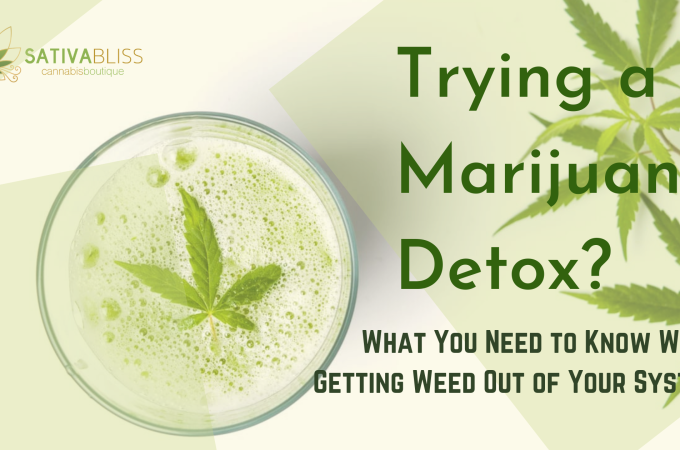
What Are The Common Signs Which Are Seen In Appendicitis?
If you have a chronic case of appendicitis, you may not always know that something is wrong with your appendix. It’s easy to ignore the symptoms and think they are from something else.
This can lead to some serious complications for your health, so it’s important to look out for signs that your appendix could be causing more trouble than usual.
Here we will discuss some of the most common and severe signs that your appendix might need surgical treatment if left untreated or incorrectly diagnosed. We’ll also go over what you should do in case you notice any of these. If you suspect an appendicitis condition, make sure to consult your doctor immediately!
What are the main signs?
The main symptom of an acute appendicitis attack is pain in the lower right abdomen, which radiates to the back and groin area. You might experience nausea, vomiting, frequent diarrhea, and/or loss of appetite. These are all classic symptoms of appendicitis, but sometimes someone suffering from this condition experiences no symptoms at all. In fact, about 20% of people who suffer from appendicitis are completely asymptomatic.
Another symptom of appendicitis is fever (above 101 degrees Fahrenheit), which usually occurs after the onset of abdominal pain. Sometimes fevers occur on their own, without accompanying abdominal pain. This is usually because appendicitis is misdiagnosed and treated as another gastrointestinal ailment, such as ulcerative colitis or diverticulitis.

In rare cases, the appendix ruptures into your peritoneal cavity, leading to peritonitis. This causes the appendix to swell up and cause inflammation throughout your entire body. This type of appendicitis is known as “gangrenous appendicitis.” The severity of this form of appendicitis depends on how long ago the rupture occurred.
Other possible signs include blood in your stool and vomit, dizziness, headache, and muscle pains. Any of these symptoms can indicate the presence of appendicitis. However, you should never assume that you have appendicitis just because you’ve experienced one of them. Many other conditions present similar symptoms, so make sure to consult your doctor if you have any doubts about your diagnosis.
This entire paragraph was all about regarding the signs of appendicitis and suppose you ever see any of these sign in your body then the very first thing which you have o do is go to a doctor. The doctor will prescribe you some medicines you have to take all those medicines on the right time to avoid the problem of having a surgery.
How to treat appendicitis once you’ve noticed its symptoms
Your first priority when dealing with appendicitis symptoms is to see a doctor. Make sure to tell your doctor about any recent changes in your diet, including eating habits, antibiotic use, or weight gain or loss. Your doctor will run tests to determine whether your appendicitis has caused any internal injuries.
Most often, doctors diagnose appendicitis by performing ultrasounds and CT scans on patients. They will check for swollen lymph nodes around your stomach and intestines, as well as evidence of fluid buildup between your intestine walls. Doctors will also perform blood tests to ensure that your white blood cell count isn’t too high. If your white blood cells are high, then that means that your body is in an inflammatory state, which indicates the possibility of appendicitis.

Doctors may take samples of your appendix during surgery and analyze them to confirm that they contain pus. They may also perform other tests to figure out exactly what is going on inside your appendix. Once they have determined the nature of your problem, they will prescribe you antibiotics to treat it.
There really aren’t many ways to cure appendicitis, but there are several things that you can do to help reduce the risk of infection while you recover. Keep warm and keep plenty of fluids down, especially before and after your scheduled appointment with your doctor. Avoid taking hot baths or showers, since heat can increase your risk of developing an infection. Also avoid drinking alcohol and smoking, as both of these substances can worsen your chances of getting sick. Antibiotics are very helpful against bacteria infections, so don’t let yourself get sick if you decide to stop taking them. And remember to eat foods low in fat and salt whenever you can.
How to prevent appendicitis
While it’s difficult to fully avoid appendicitis, there are some simple steps that can help you stay safe. Try to follow these guidelines:
Eat lots of fresh fruits and vegetables and drink plenty of water every day.
Reduce your intake of fatty and fried foods.
Limit the amount of processed meats like hamburgers and hot dogs, and try to only eat lean meat.
Avoid alcohol and smoke cigarettes.
Get regular exercise.
Avoid constipation by eating whole grains, fiber, and liquids.
These tips will help you maintain good overall health and prevent appendicitis from occurring in the future. Once you have seen your doctor and been prescribed antibiotics, you will be able to start recovering and feeling better. Don’t hesitate to contact us if you have any questions about whether you have appendicitis or if you have any concerns about your treatment plan.





